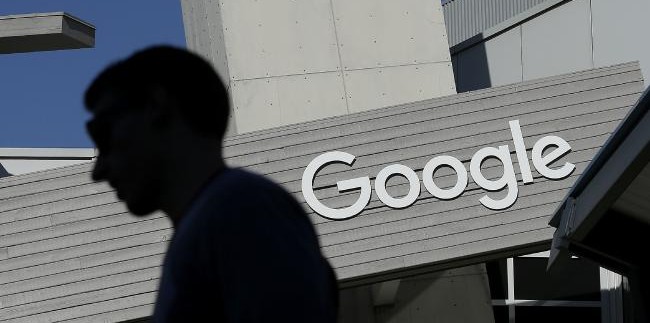GOOGLE TO BAN PAYDAY LENDING ADS, CALLING INDUSTRY ‘HARMFUL’

INTERNET giant Google said Wednesday it will ban all ads from payday lenders, calling the industry “deceptive” and “harmful.”
Google’s decision could have as much or even more impact on curtailing the industry than any move by politicians, as many payday loans start with a desperate person searching online for ways to make ends meet or cover an emergency.
Effective July 13, Google will no longer allow ads for loans due within 60 days and will also ban ads for loans where the interest rate is 36 per cent or higher. The industry will join Google’s other banned categories of ads, such as counterfeit goods, weapons, explosives, tobacco products and hate speech.
“Our hope is that fewer people will be exposed to misleading or harmful products,” said David Graff, Google’s director of global product policy, in a blog post that announced the policy change. The ban would not impact companies offering mortgages, auto loans, student loans, loans for businesses or credit cards, Google said.
Payday lenders have long been a target of criticism by politicians and consumer advocates, who argue the industry charges extremely high interest rates to customers, who are often the poor. Payday loans are often used to cover an unexpected expense or to make ends meet before the next paycheck. But for many borrowers, short-term loans wind up being difficult to pay off, leading to a cycle of debt that can drag on for months.
A 2012 study by Pew showed the average payday borrower is in debt for five months, spending $US520 ($709) in fees and interest to repeatedly borrow $US375 ($511). The annual per cent rate on a payday loan is 391 per cent, according to Pew.
According to the peak body for Australian payday lenders, the National Credit Providers Association, Australians took out $667 million worth of loans in 2014-15.
The Australian government recently completed a review into the payday lending industry. The Review of Small Amount Credit Contracts made a number of recommendations, including tightening restrictions on income measures and simultaneous loans.
“There is nothing fair about triple-digit interest rates being charged on loans to working families,” said Keith Corbett, executive vice president with the Center for Responsible Lending, in a statement. Payday loan stores reap billions of dollars in interest and fees on a product designed to force borrowers into repeat loans. Google is to be praised for doing its part to limit use of these abusive loans.” In response to critics, the payday lending industry has long argued it provides a necessary financial service to people in need of emergency funds.
“These policies are discriminatory and a form of censorship,” said Amy Cantu, a spokeswoman with the Community Financial Centers Association of America, the trade group representing payday lenders.
State legislatures have long looked for ways to target payday lenders, but the payday lending industry has often found ways around new regulations. When several states capped the interest rates on payday loans, the industry pivoted into loans tied to auto titles or moved their operations onto Indian reservations.





